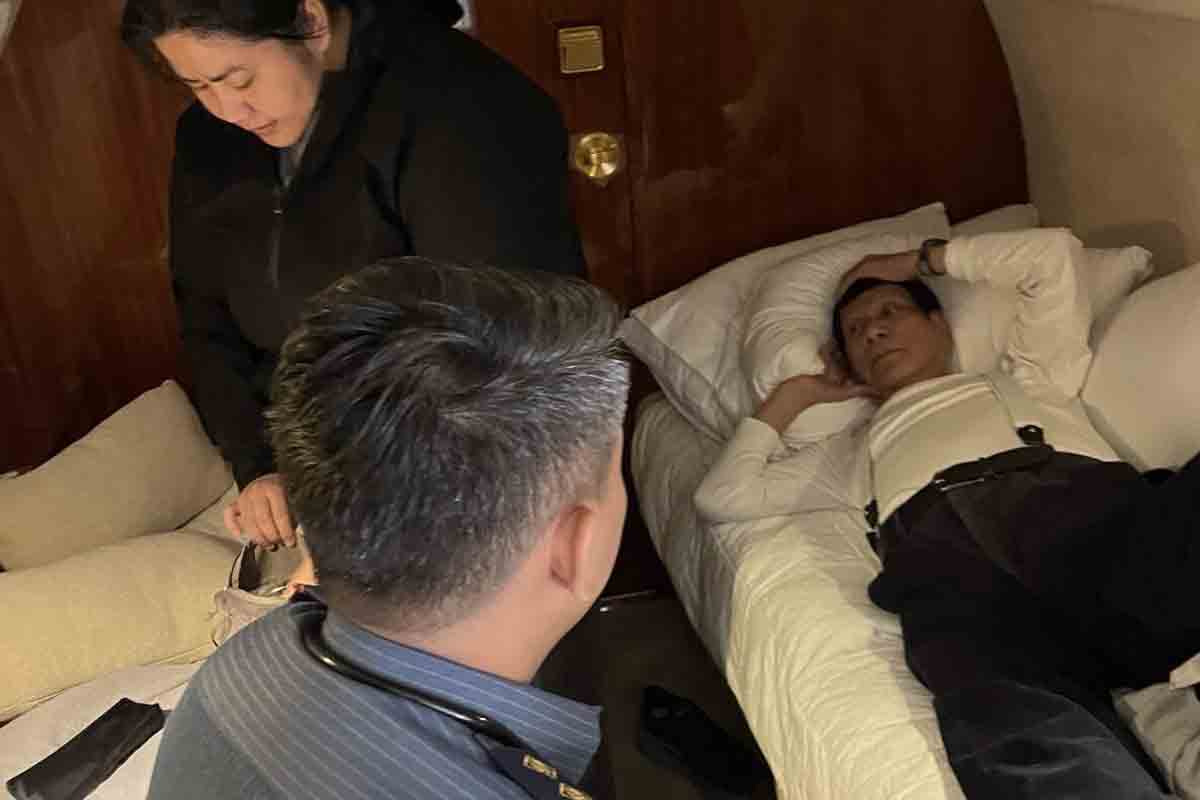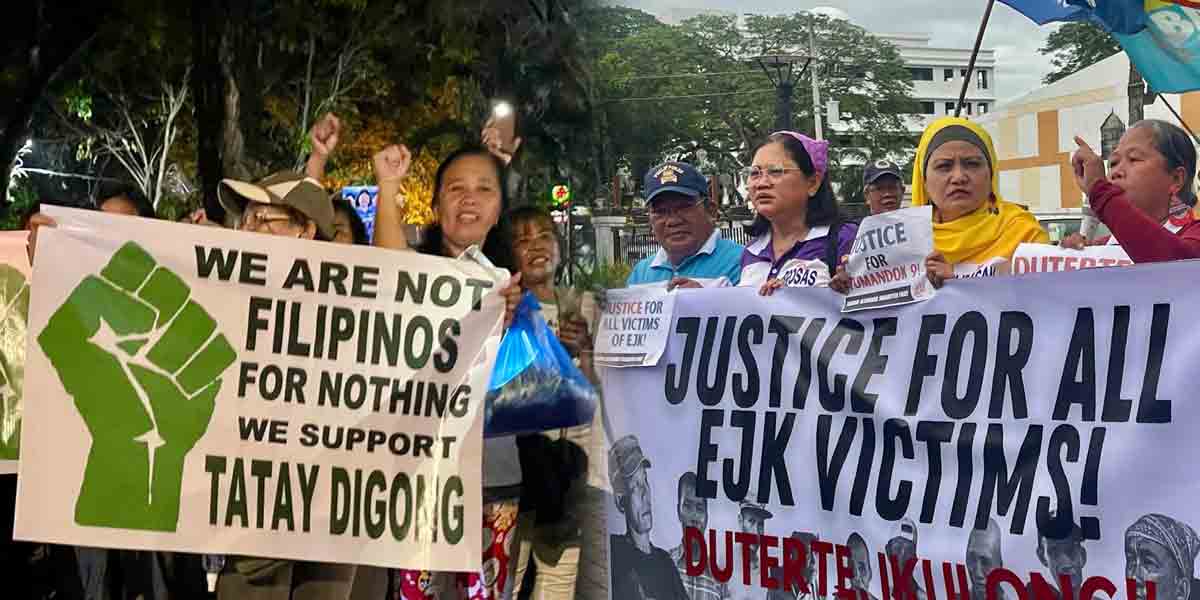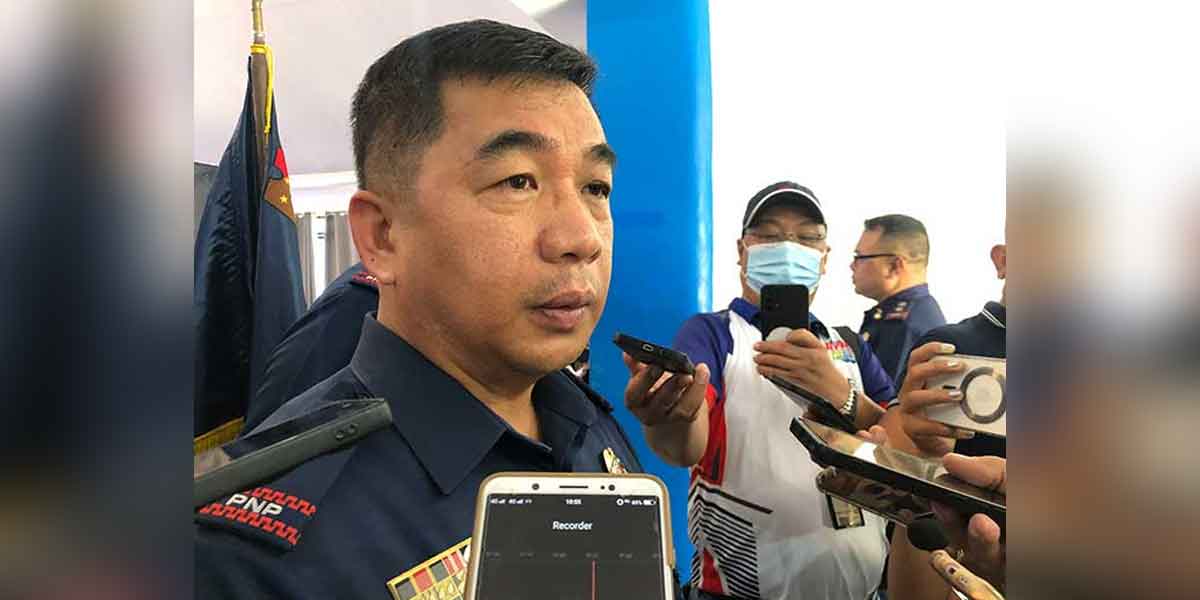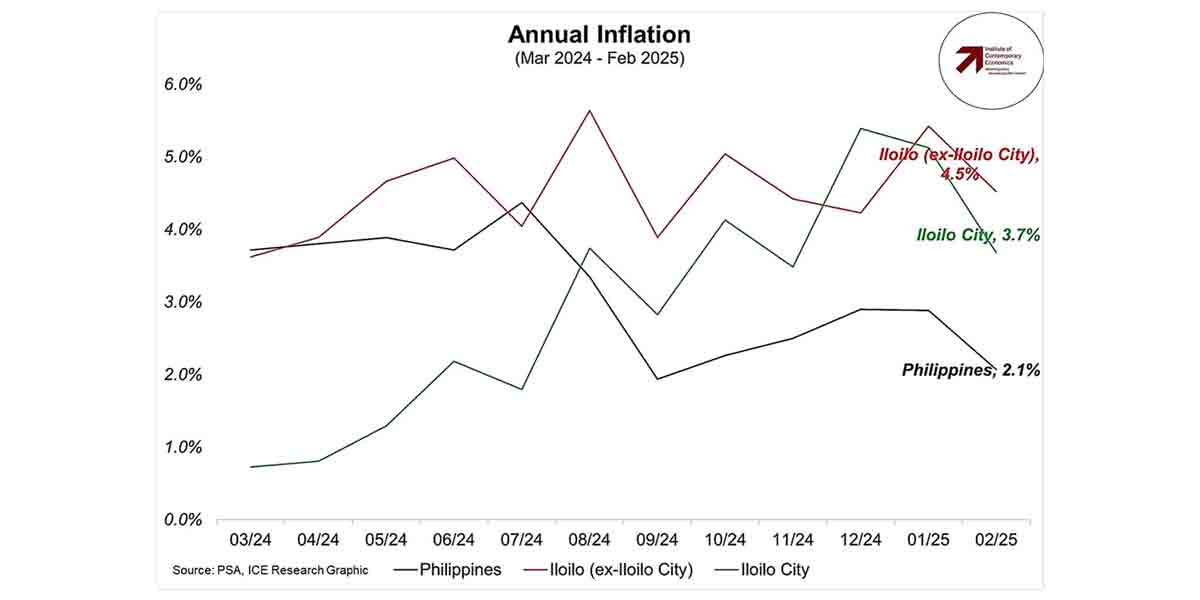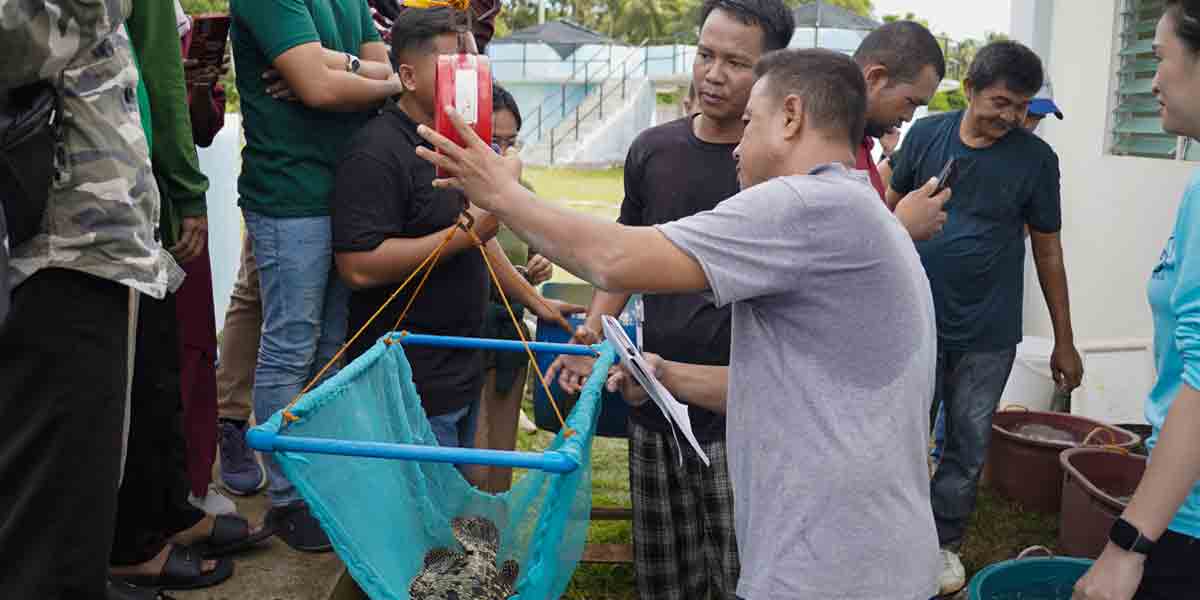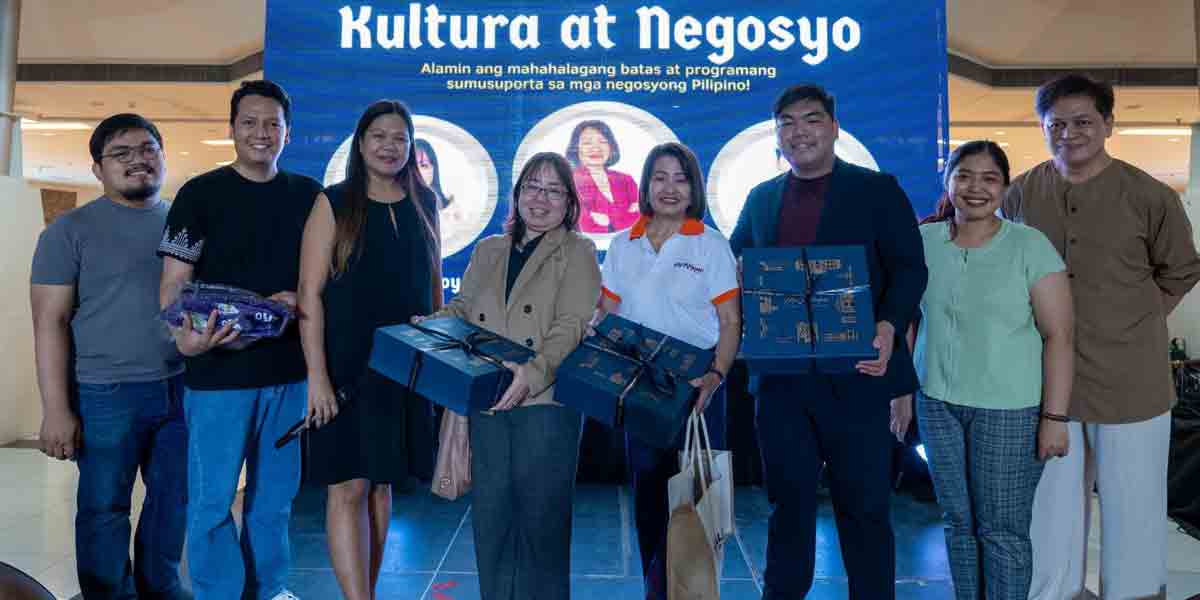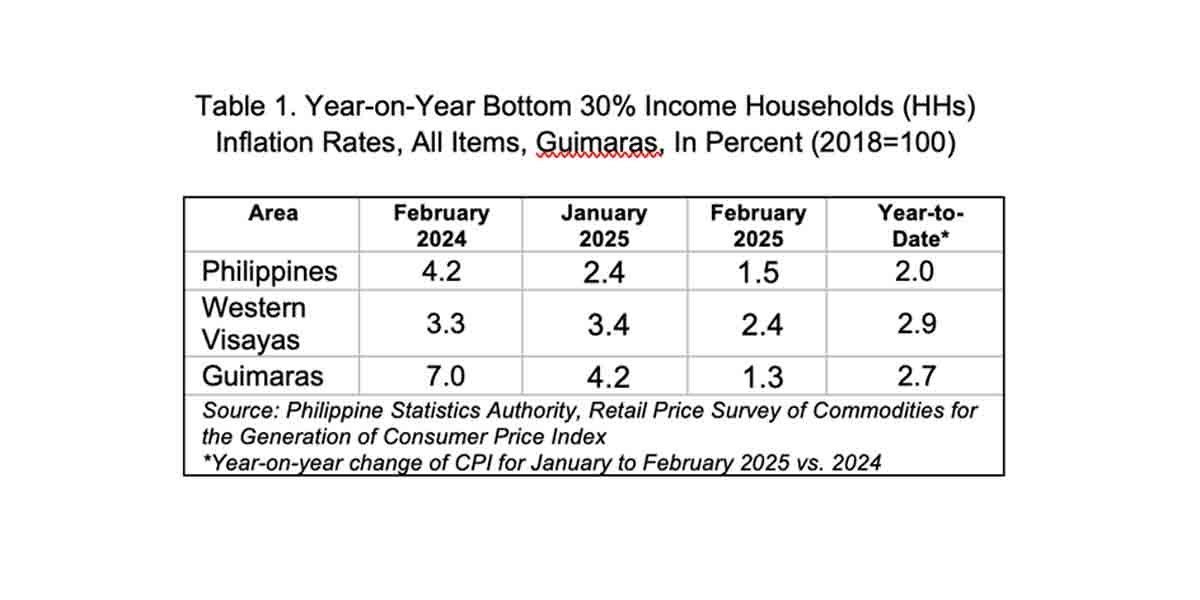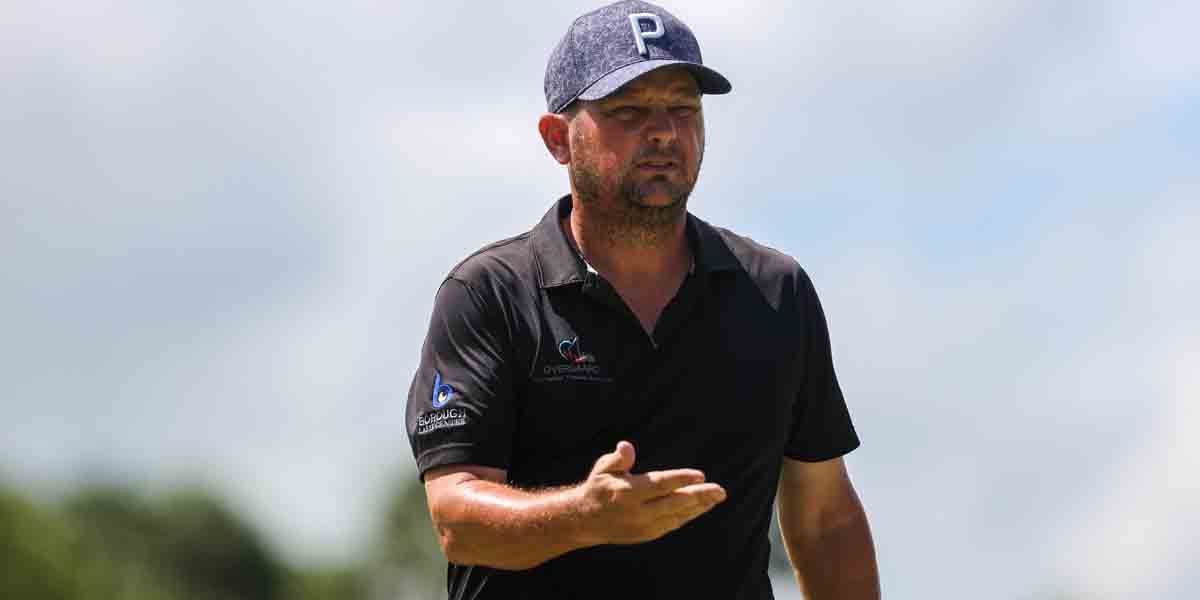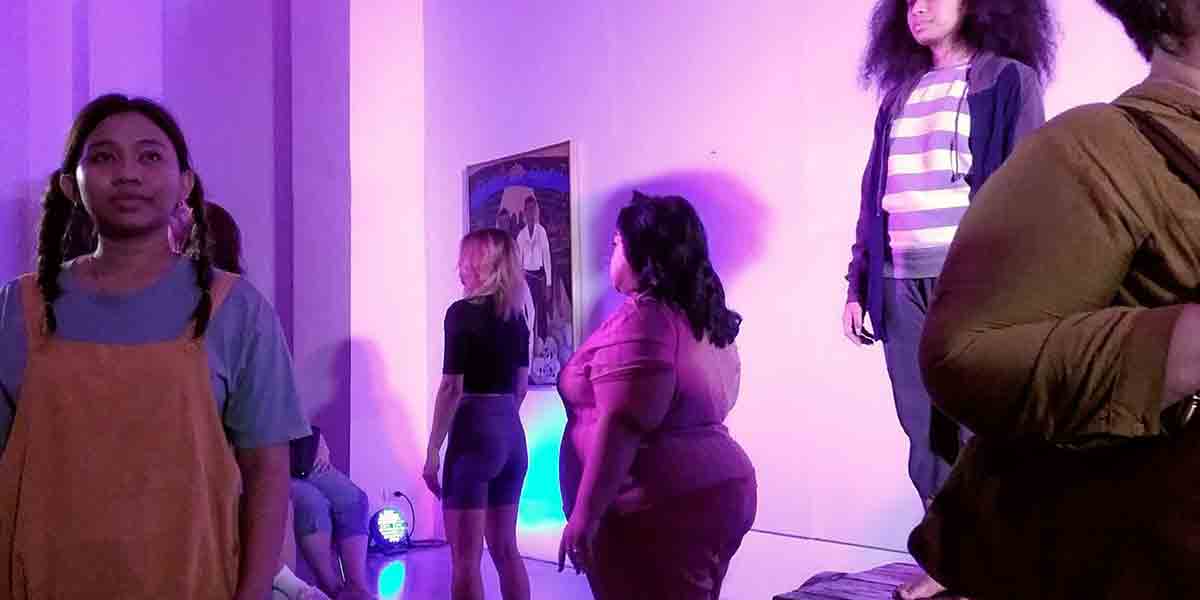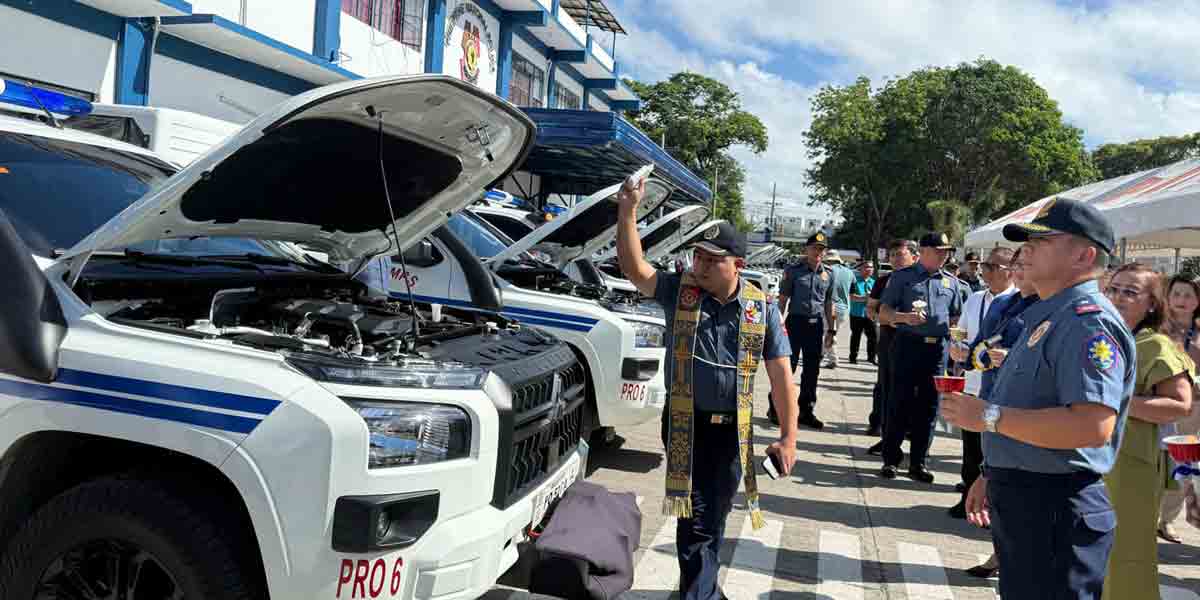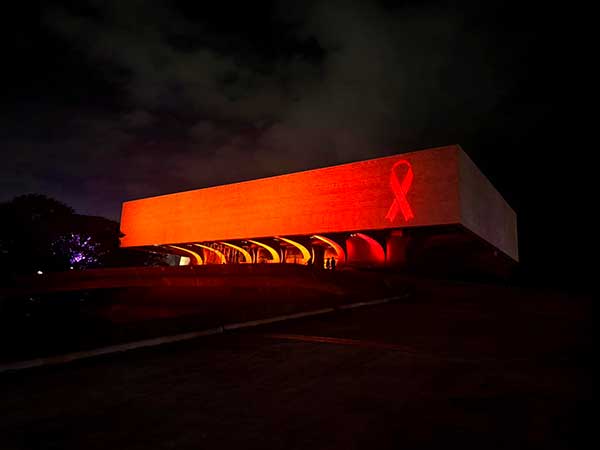
By Mariela Angella Oladive
Over 7,000 individuals in Western Visayas remain undiagnosed with HIV, according to the Department of Health-Center for Health Development 6 (DOH-CHD 6).
The region, which has recorded an estimated 15,000 people living with HIV (PLHIV) since the first documented case in 1986, marked World AIDS Day on Dec. 1 under the theme “Take the Rights Path: My Health, My Right.”
This year’s campaign highlights the need to address health inequalities and improve access to testing and treatment.
DOH-CHD-6 Infectious Disease Cluster Nurse Joseph Carlo Carillo revealed that as of September 2024, only 51% (7,587) of PLHIV in the region have been diagnosed, based on the HIV Care Cascade.
Of those diagnosed, 76% (5,763 individuals) are on antiretroviral treatment (ART), a critical step in managing the disease and preventing its spread. However, only 57% (3,270 individuals) have undergone viral load testing, which measures treatment effectiveness.
Among those tested, 88% (2,891 individuals) achieved viral suppression, meaning their viral load is below 1,000 copies/mL, reducing the likelihood of transmission.
Carillo emphasized the importance of improving awareness, testing, and treatment coverage. “Early diagnosis and treatment lead to better health outcomes. If people remain unaware of their status, they could unknowingly infect others and risk developing advanced HIV diseases that result in hospitalizations,” he said.
He noted that HIV is not only a health issue but also a developmental concern, as it predominantly affects the working-age population and could significantly impact the region’s economy.
“Our studies show that while most cases are identified among individuals aged 25 to 34, they likely contracted the virus five to eight years earlier,” Carillo said during the launch of the Mango Clinic by the Family Planning Organization of the Philippines-Iloilo Chapter.
Carillo shared findings from the Integrated HIV Behavioral and Serologic Surveillance (IHBSS), which revealed that sexual initiation often occurs at age 15.
However, awareness or use of protection typically begins at age 16, leaving a one-year gap for potential exposure to the virus. Testing for HIV usually occurs much later, around age 21.
“This delay highlights the urgent need for better education and earlier intervention among young people,” he said.
He added that 40% of cases in the region are diagnosed at an advanced stage, with severely compromised immune systems leading to complications such as tuberculosis and meningitis.
“Early detection is crucial to prevent these severe opportunistic infections. It’s not who you are but what you do that puts you at risk,” Carillo stressed.
While most cases involve men who have sex with men (MSM), Carillo noted that heterosexual individuals engaging in risky behaviors are also vulnerable.
The region currently has 435 women and 25 children living with HIV, the latter group having contracted the virus through mother-to-child transmission.
To address the issue, DOH-CHD-6 is ramping up efforts to expand HIV testing and treatment coverage.
Nineteen treatment facilities are currently operational, with plans to increase this number to 28 by early 2025.
The department is also distributing self-test kits while encouraging assisted testing to provide additional counseling and support.
Prevention efforts include the availability of Pre-Exposure Prophylaxis (PrEP), which significantly reduces the risk of HIV transmission.
PrEP is now offered in select facilities and will soon be available in community spaces like gyms, parlors, and other LGBT-friendly venues to improve accessibility and reduce stigma.
“The key to preventing HIV is community involvement. Whether you’re in the LGBTQ+ community or not, it’s important to protect yourself and others,” Carillo said.

